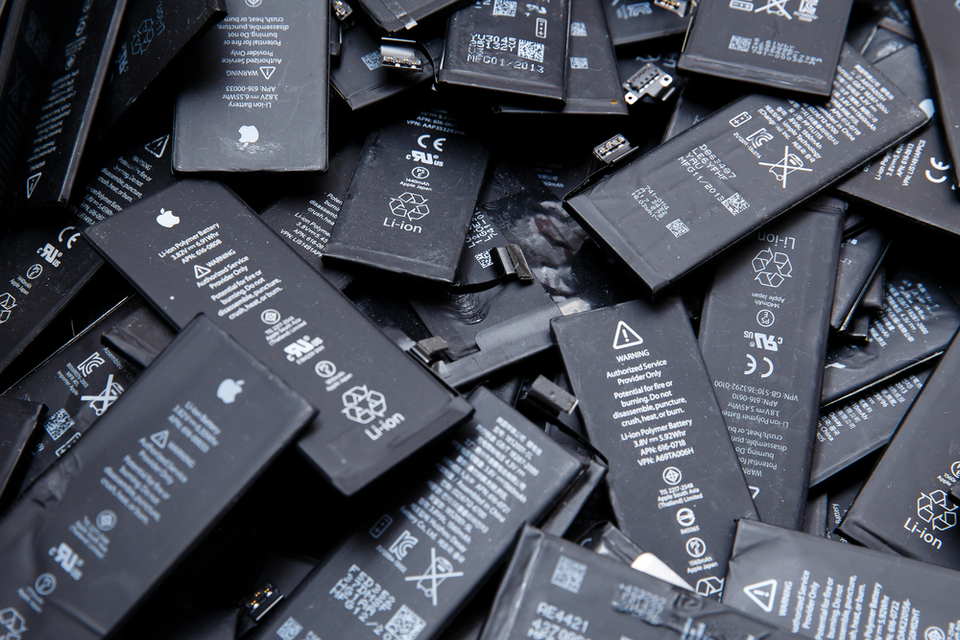Lithium-ion batteries with cathode coating technology come with tons of advantages.
Along with its high energy density, these cells also have low self-discharge as compared with rechargeable batteries such as Ni-Cad. They also require low maintenance to ensure maximum performance.
Perhaps the most significant advantage of lithium-ion batteries is their longevity. An average Li-ion cell lifespan for a large capacity battery pack can last as long as eight years, hence providing a good investment return.
Despite these benefits, Li-ion batteries have some shortcomings.
For one, the cathode coating in the cell is only partial. It covers a small portion of the cathode and doesn’t protect the electrode when operating at high voltage or temperature.
This causes a metal oxide cathode, such as nickel or cobalt, to react with the electrolyte, generating excess oxygen. In turn, the gas creates an unwanted film on the cathode, which leads to energy loss.
That’s one reason Li-ion batteries experience performance loss over time.
To address this issue, researchers from Argonne National Laboratory collaborated with their colleagues from Hong Kong University of Science and Technology. Together, they developed a new cathode coating for Li-ion batteries that’ll increase the latter’s life and safety.
In a statement about the project, Argonne distinguished fellow, Khalil Amine said:
“This is an incredibly exciting advancement. This could significantly improve our experience with the devices we’ve come to rely on.
The researchers described the coating in the two published papers in Advanced Energy Materials and Nature.
New Cathode Coating for Long-lasting Lithium-ion Batteries
The team made the new coating using a conducting polymer called poly(3,4-ethylene dioxythiophene) — or PEDOT for shorts.
According to the researchers, PEDOT fully and completely protects each particle of the cathode from reacting with the electrolyte. Yet, it allows lithium ions and electrons to pass through freely.
Also, the scientists applied PEDOT using Argonne’s oxidative chemical vapor deposition technique. So, it covers every individual particle of the cathode to form a robust skin. That’s more comprehensive than the partial coating in conventional lithium-ion batteries.
As you may have guessed, the new coating resulted in a slight boost in battery energy.
Existing lithium-ion batteries operate at 4.2 V at the cell level. But the PEDOT coating was able to boost this operating voltage to 4.6 V. The team pointed out that this 15 percent increase can reduce the cost of battery packs. Furthermore, it can extend the battery life of devices.
“This would increase the driving range of electric cars and boost the battery life of cell phones and laptops, ultimately changing the way we live,” said Amine.



















Comments (0)
Most Recent